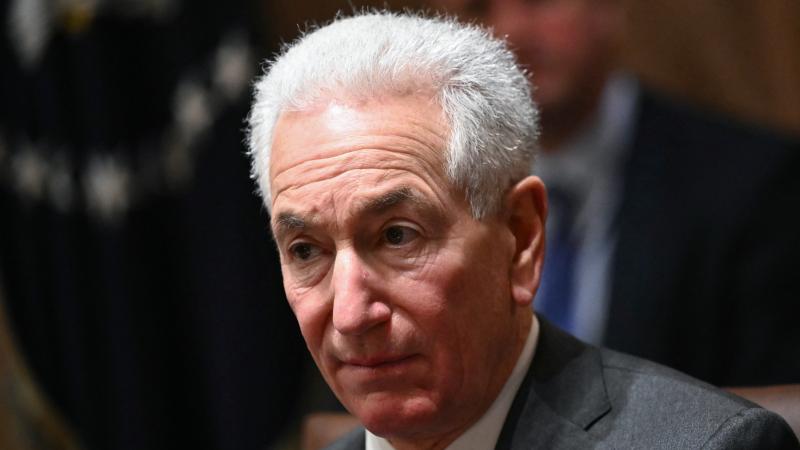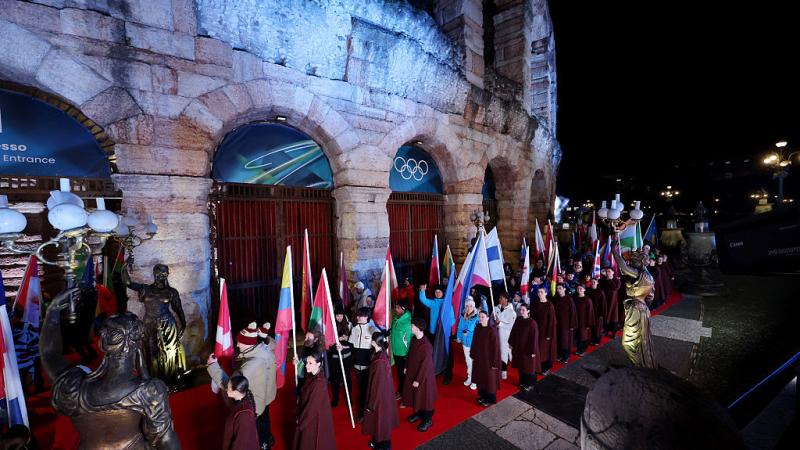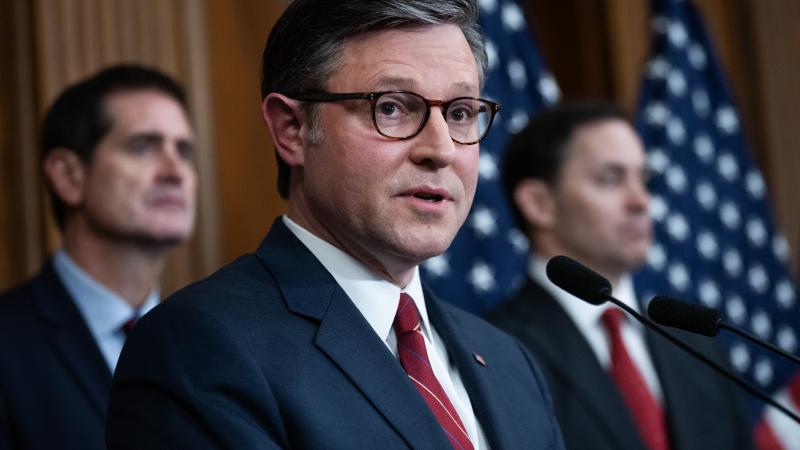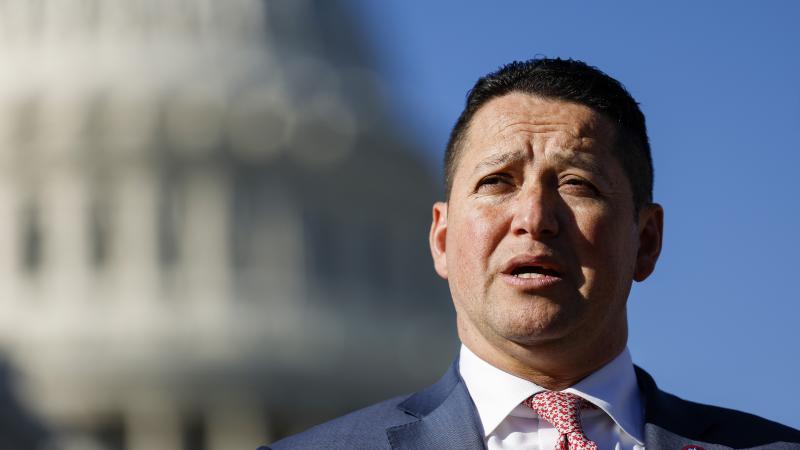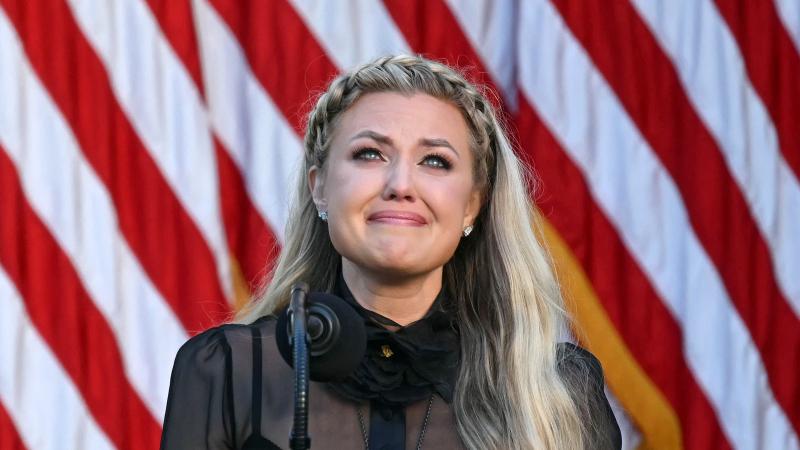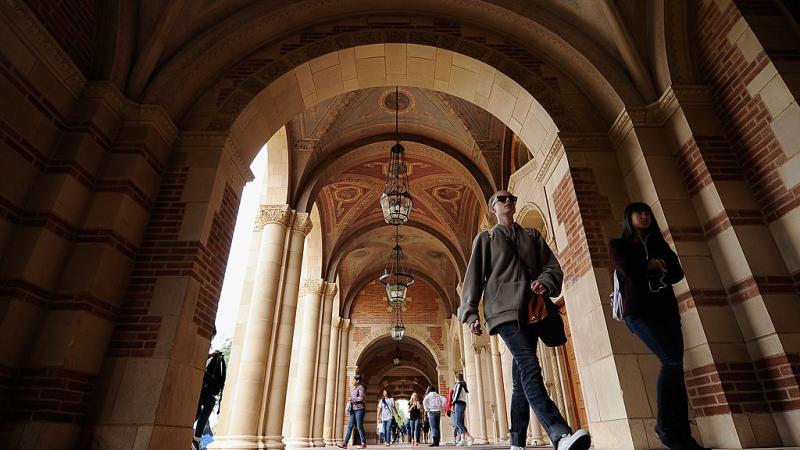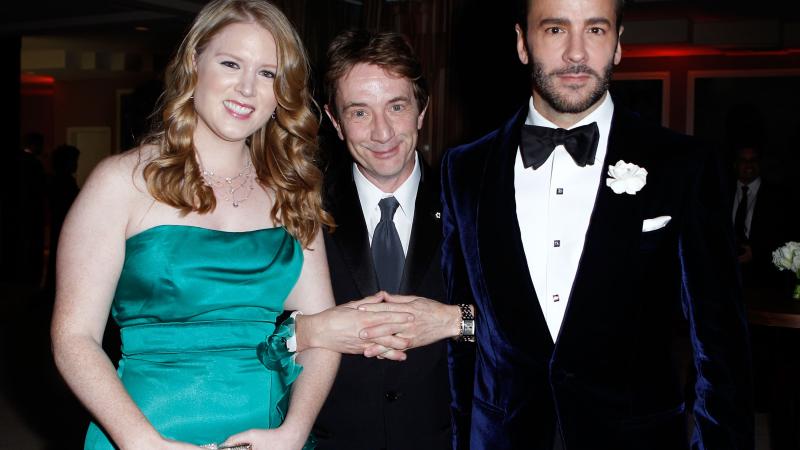How to wrest war reparations from Russia: Ukraine and the West count the ways
"You will reimburse us for everything you did against our state, against every Ukrainian, in full," Ukrainian President Volodymyr Zelensky said in a video statement to Russia.
Seven weeks into a war that seems poised to escalate before it ends, Kyiv and Western leaders are calculating ways to exact reparations from an aggressive Moscow.
Russian President Vladimir Putin on Feb. 24 launched an attack into Ukraine, pummeling cities and wreaking havoc on lives and infrastructure. Aside from the intangible damages to society, experts have estimated that the damages range from $700 billion to a projected $1.5 trillion.
Ukrainian President Volodymyr Zelensky told Moscow last month that he expected that country to pay for the damages.
"We will restore every house, every street, every city," Zelensky said in a video address. "You will reimburse us for everything you did against our state, against every Ukrainian, in full."
Although Putin most likely would dismiss such claims, the West may already have the means to earmark reparations on Ukraine's behalf, one analyst said.
"In the past, reparations have been paid after hostilities ended by the aggressor country — that was Germany in the first two world wars," according to the Brookings Institution's Robert Litan.
"Now, the fact that many countries already have control over Russia's holdings of foreign currency means that, in effect, reparations for the Ukrainian invasion have been pre-funded by Russia itself," Litan wrote in a March essay.
Significant sums of Russian money have been frozen by governments around the world. But funneling it toward reparations may present a number of hurdles, others say.
European officials reportedly are considering whether the seized property of Russian oligarchs can be applied toward rebuilding Ukraine. A more lucrative move would be to confiscate Russia's central bank reserves that are held in foreign banks. But such a move would be complex in light of legal constraints, one analyst said.
"There is international law that puts property of foreign states under special protection," according to Stephan Schill, a professor at the Amsterdam Center for International Law.
There is a longstanding history of aggressor nations paying other countries in the aftermath of war. France paid various European countries for damages inflicted by Napoleon. West and East Germany paid Allied nations for damages after World War II.
"This is an admittedly unique circumstance, but there is a basis in international law for enabling nations that hold these reserves to commit them to pay for damages," Litan wrote.
In the case of Ukraine, Russia has committed unprovoked violence "on a massive scale," he noted.
In the face of legal challenges, a faster route to rebuilding Ukraine could come in the form of an updated method that was used after World War II, European Budget Commissioner Johannes Hahn suggested last week.
That previous method, known as the Marshall Plan, funded the reconstruction of a war-ravaged Europe.
"I think that what we need for Ukraine, at the end of the day, is an updated model of the Marshall Plan," Hahn said. "It has to be a global effort, and it could be something like this," a way to "help the country to recover, and to recover quickly."

